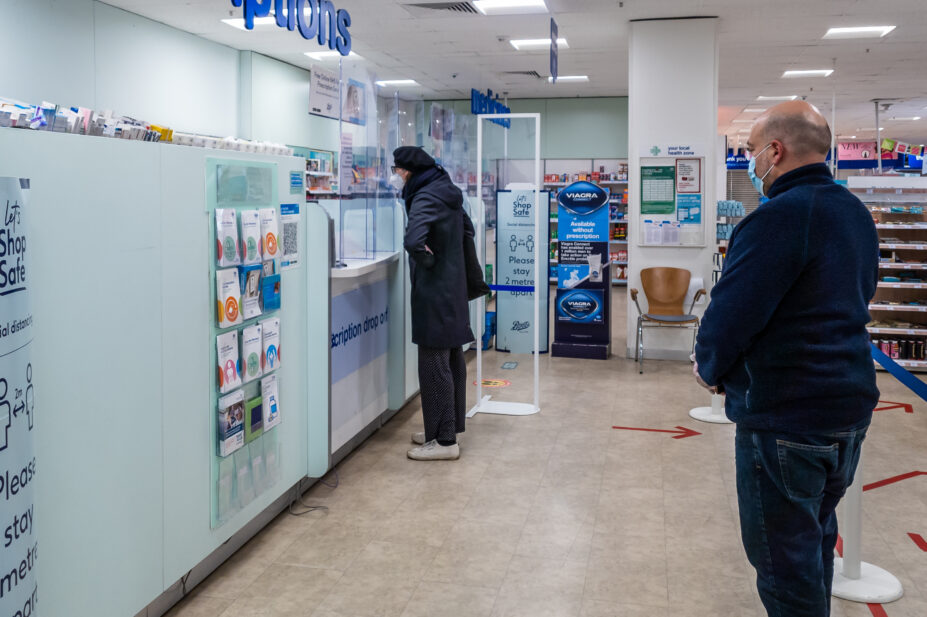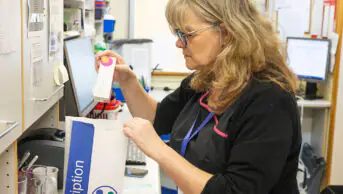
Shutterstock.com
The Department of Health and Social Care (DHSC) has reported that the ‘Discharge medicines service’ (DMS) has helped to prevent up to 21,667 readmissions to hospital.
The figure was included in written evidence from the Department of Health and Social Care to the House of Commons Health and Social Care Select Committee inquiry into issues affecting pharmacy provision.
The DMS was introduced in February 2021, designed to enable NHS trusts to refer patients to community pharmacy after hospital discharge so that pharmacy staff can check that any medicines awaiting collection are still appropriate.
The Pharmaceutical Journal reported in May 2022 that up to 42,000 30-day readmissions could be avoided if every NHS trust hit a 1.5% referral target through the DMS.
In March 2022, NHS England announced plans to incentivise trusts to refer between 0.5% and 1.5% of all patients through the DMS during 2022/2023. These targets formed part of its ‘Commissioning for Quality and Innovation’ (CQUIN) framework, which makes a proportion of NHS trust income conditional on meeting targets.
In its evidence to the inquiry, the DHSC said: “As of January 2023, community pharmacy had claimed for around 216,700 patient referrals from hospital through the DMS service, with more referrals seen for patients from lower indices of multiple deprivation,” it said.
“There is a strong evidence base for NHS DMS with one 30-day readmission avoided for every 10 to 23 admissions. Extrapolating our data to January 2023, we estimate between 9,420 to 21,667 readmissions have been avoided since the service started.
“The service is viewed positively by providers, seeing it as a natural extension of the skills and service provided every day to walk-in patients; and supporting channel shift to community pharmacy from urgent care and primary care releasing clinician time for more appropriate patient care.”
The Pharmaceutical Journal also reported in January 2022 that community pharmacies across England had experienced a wide variation in the number of patients referred to them by NHS trusts through the DMS.
Also, in evidence it submitted to the select committee inquiry, the National Pharmacy Association (NPA) said: “There still appears to be a postcode lottery approach to its implementation.
“There appears to be an inconsistent approach from the hospital trusts, for instance, and incomplete patient’s prescriptions or discharge summaries,” it added
“The inability to raise issues from the community pharmacy into the rest of the system, and the need to often chase responses over a long timescale, undermine the effectiveness of this service, in addition to the issues around the application of the software. The NPA suggests a full review of the service, so that any further issues are addressed, and the potential of this service can be delivered across the country.”
The select committee pharmacy inquiry will continue to receive written evidence until 6 July 2023.
The Pharmaceutical Journal has approached NHS England for comment.


